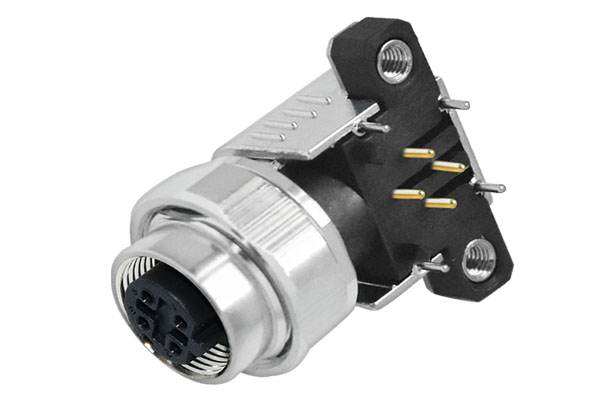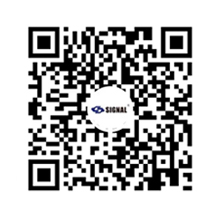Connectors are vital components in electronic equipment, facilitating the seamless transmission of electrical signals and power. In aerospace applications, selecting the appropriate connector is crucial due to the demanding environmental and operational conditions. When choosing an aerospace connector, consider the following factors:
1. Humidity Resistance
Prolonged exposure to high humidity can lead to moisture absorption by the connector's insulators, potentially reducing insulation resistance and causing physical deformation. This may result in issues such as electrolysis, corrosion, and cracking. For connectors used in environments prone to moisture, water ingress, or contamination, opting for sealed connectors with appropriate Ingress Protection (IP) ratings is advisable. These ratings indicate the level of protection against environmental factors.
2. Electrical Parameters
Understanding the electrical requirements is essential. Key parameters include:
Rated Voltage (Operating Voltage): This depends on the connector's insulating materials and the spacing between contact pairs. Typically, the rated voltage represents the maximum operating voltage recommended by the manufacturer.
Rated Current (Operating Current): When current flows through the connector's contacts, inherent resistance can cause heating. Exceeding the rated current may lead to excessive temperature rise, potentially causing failure. Therefore, ensuring the connector can handle the system's current requirements without overheating is critical.

Explore Our Range of Circular Connectors
3. Ambient Temperature Tolerance
The materials used in the connector's construction determine its operational temperature range. High temperatures can degrade insulating materials, leading to reduced insulation resistance and voltage performance. For metal components, elevated temperatures may cause loss of elasticity and accelerated oxidation of plating. Selecting connectors designed to withstand the specific temperature ranges of the intended application is vital.
4. Corrosion Resistance
Aerospace environments may expose connectors to various corrosive elements. Choosing connectors made from corrosion-resistant metals, plastics, and plating materials ensures longevity and reliability. For instance, stainless steel or specially coated materials can offer enhanced resistance to corrosion.
By carefully evaluating these factors, you can select aerospace connectors that provide reliable performance under the stringent conditions typical of aerospace applications. For expert guidance and a comprehensive range of high-quality connectors tailored to aerospace needs, consider consulting with us at <sales@sz-signal.com>.






